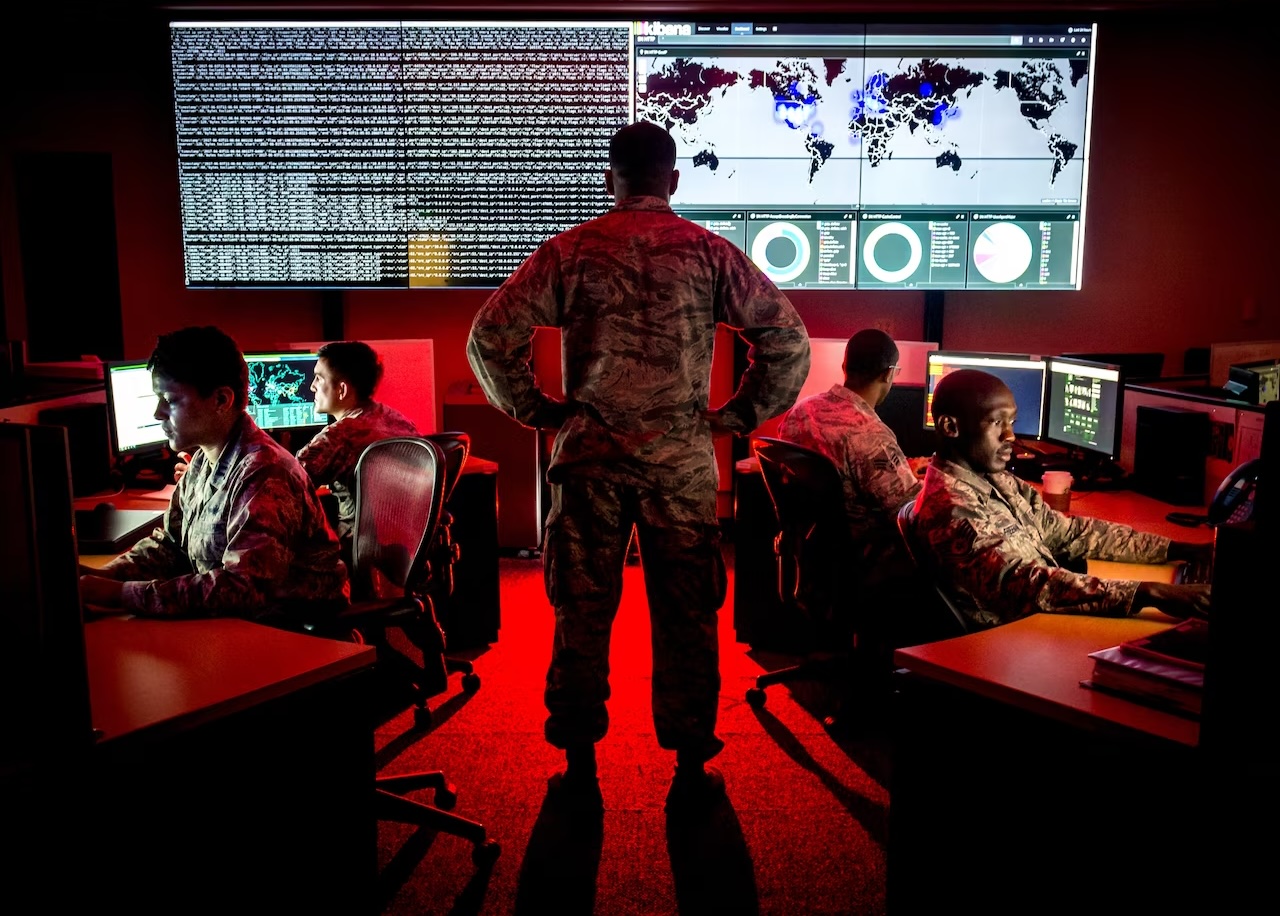Already a subscriber? Make sure to log into your account before viewing this content. You can access your account by hitting the “login” button on the top right corner. Still unable to see the content after signing in? Make sure your card on file is up-to-date.
The United States participated with NATO Allies and other partner countries for the ‘Cyber Coalition’ exercise in Tallinn, Estonia, a major event focusing on strengthening defenses against sophisticated cyber threats.

This exercise, running from November 27 to December 1, 2023, saw participation from over 1,300 cyber defenders representing 28 NATO states, 7 partner countries, and the European Union.

The exercise included a diverse group of participants, with representatives from various NATO Allies such as Albania, Bulgaria, Canada, Croatia, Czechia, Denmark, Estonia, Finland, France, Germany, Greece, Hungary, Iceland, Italy, Latvia, Lithuania, the Netherlands, North Macedonia, Norway, Poland, Portugal, Romania, Slovakia, Slovenia, Spain, Türkyie, the United Kingdom, and the United States. Additionally, partner countries like Georgia, Ireland, Japan, South Korea, Sweden, Switzerland, and Ukraine contributed to the exercise.

US Navy Commander Charles Elliott, the Exercise Director, emphasized the collaborative nature of ‘Cyber Coalition,’ saying it’s “unique because it is the only cyber exercise in NATO that is not a competition. We all work together as a family of cyber defenders.” He added, “This collaboration is what makes us stronger and more resilient to cyber threats. This year, the cooperation between all participants has been exceptional.”
The primary goal of the ‘Cyber Coalition’ was to enhance the cyber resilience and operational capabilities of NATO Allies and partners. The NATO statement outlined the exercise’s scenario, focused on real-life cyber challenges: “The Cyber Coalition 2023 scenario is based on real-life cyber challenges, including attacks on critical infrastructure such as electrical substations, energy grids, and water treatment plants, as well as the disruption of NATO and Allied assets while in operations.”






